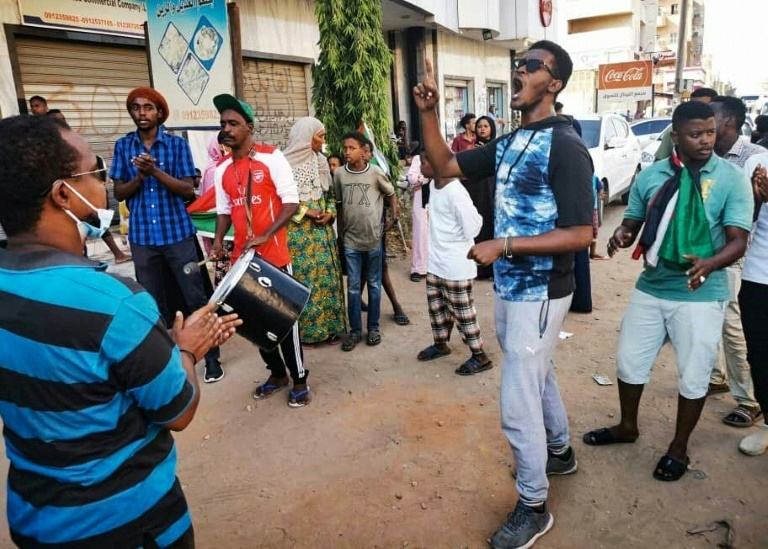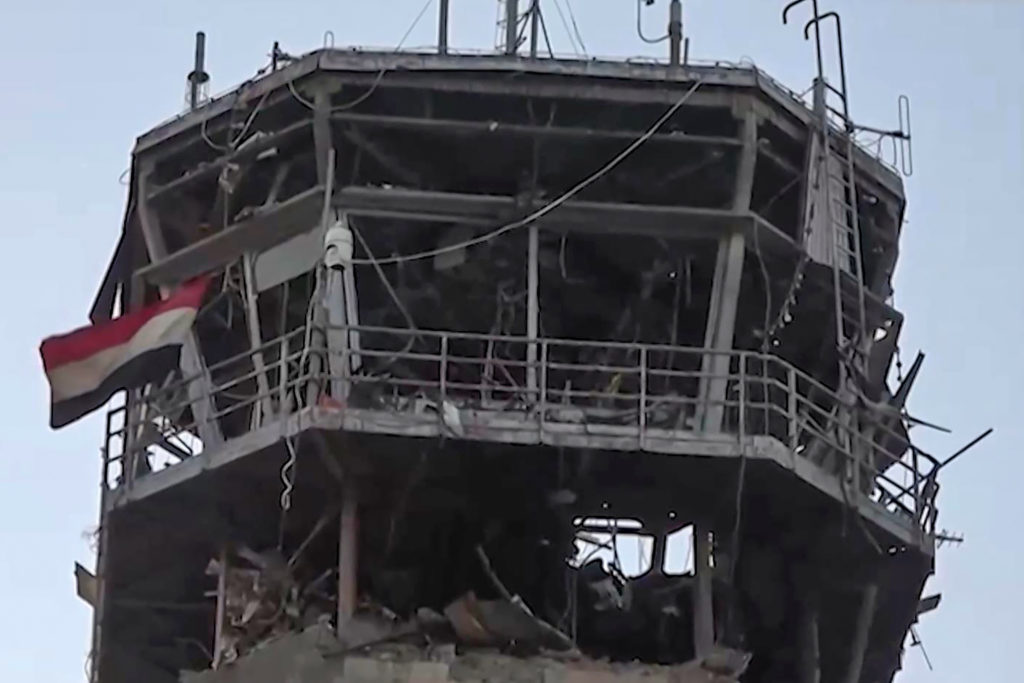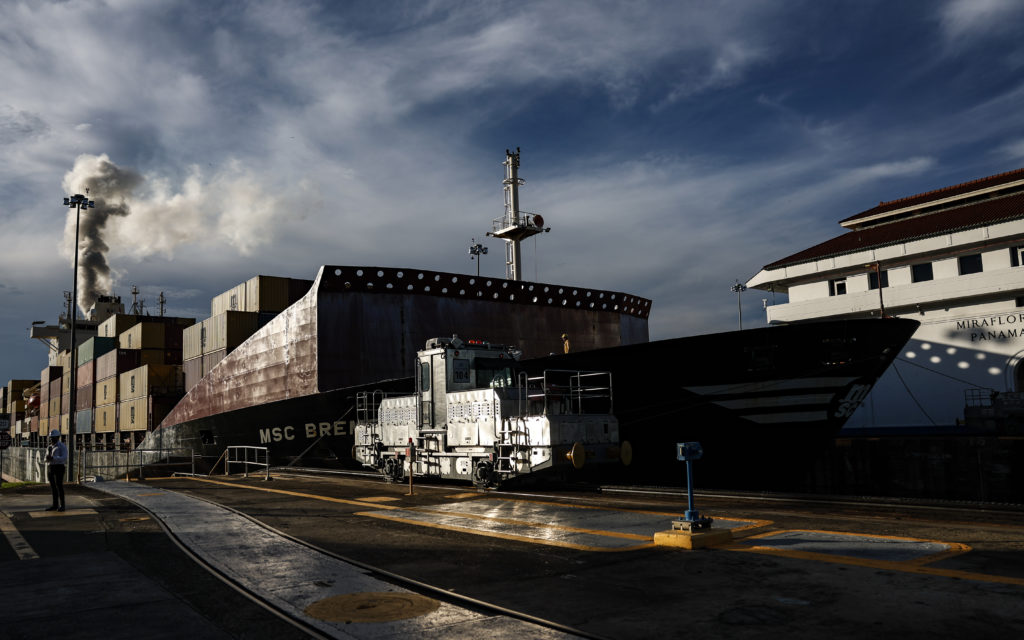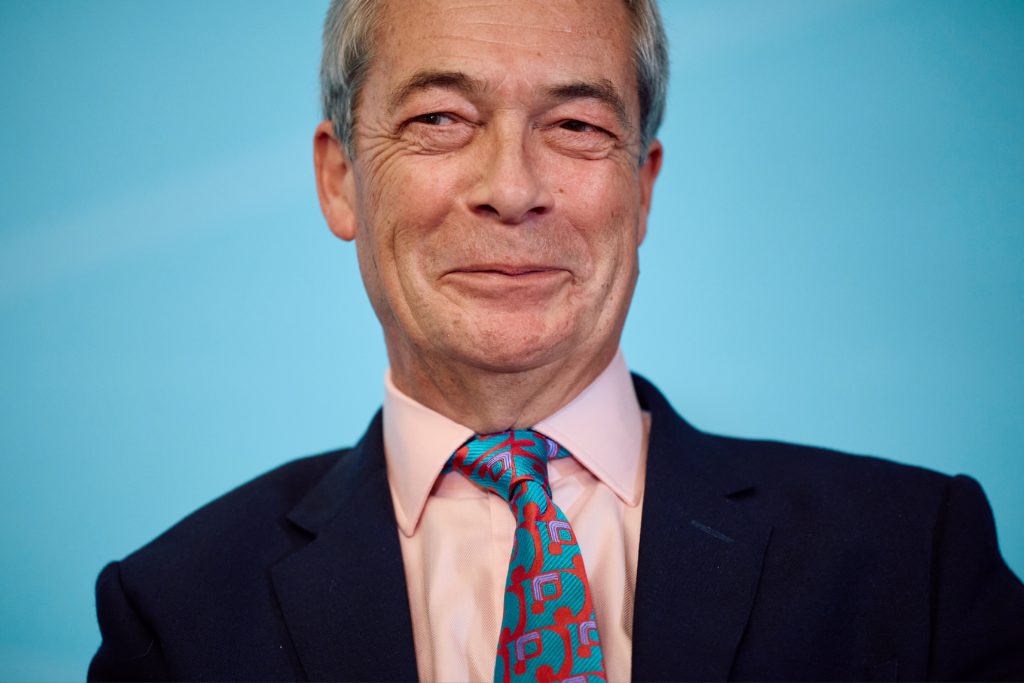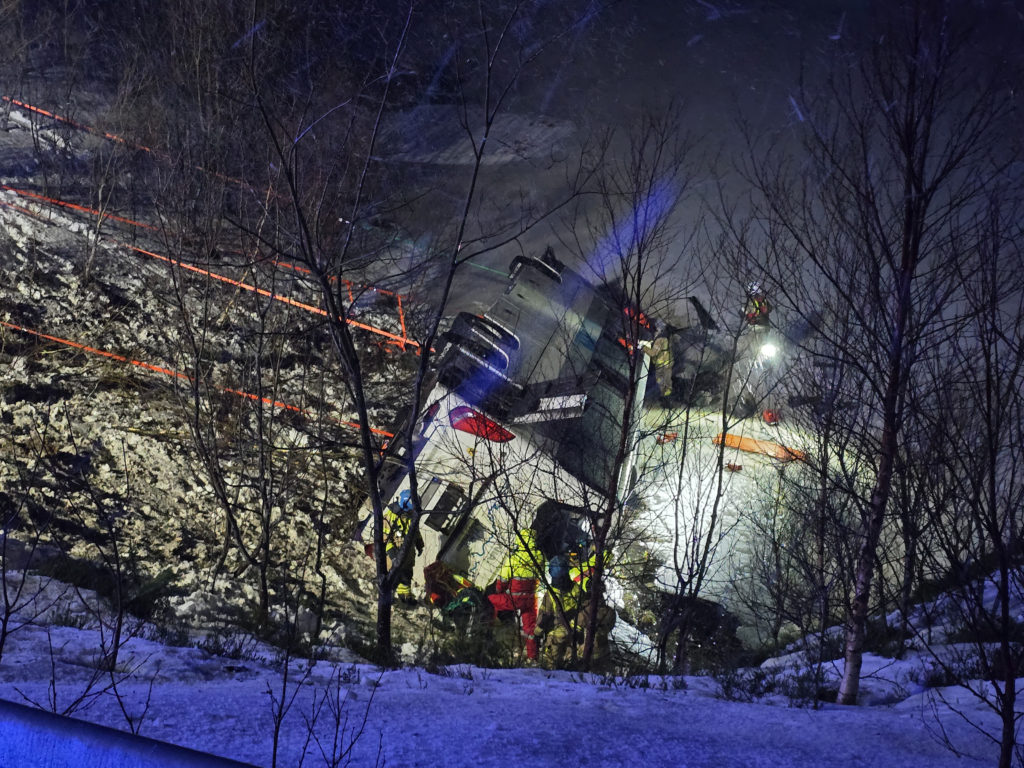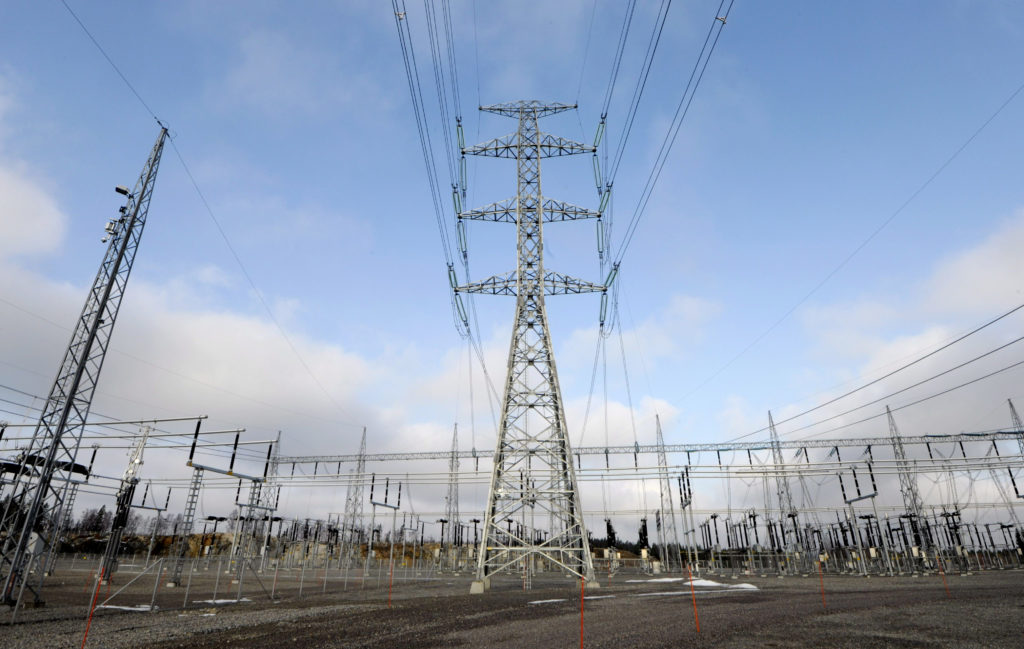Sudanese anti-coup demonstrators built street barricades in and around the capital overnight Saturday following calls for civil disobedience to protest last month’s military coup.
Activists were seen working in darkness to pile up bricks and large slabs to block streets in Khartoum and neighbouring cities, according to witnesses and AFP correspondents.
Their preparation followed calls for civil disobedience made by the Sudanese Professionals Association (SPA), an umbrella of unions which were instrumental in the 2018-2019 protests which ousted the longtime autocratic president Omar al-Bashir.
The SPA circulated its appeals via text messages to bypass internet outages since October 25, the day of the putsch.
“The Sudanese people have rejected the military coup,” the SPA said on Twitter, vowing “no negotiation, no partnership, no legitimacy”.
“We will start by barricading the main streets to prepare for the mass civil disobedience on Sunday and Monday,” it said, urging protesters to avoid confrontation with the security forces.
Nationwide protests — including by tens of thousands on October 30 — have been met by a deadly crackdown. At least 14 demonstrators have been killed and about 300 wounded, according to the independent Central Committee of Sudan’s Doctors.
By Sunday morning, some shops were still open but others were shuttered in Khartoum and its twin cities of Omdurman and Khartoum-North, according to witnesses.
“Movement on the streets is less than usual but there is not full blockage of streets or closure of shops” after the civil disobedience call, said a witness from Omdurman who declined to give his name fearing reprisals.
Almost two weeks ago Sudan’s top general Abdel Fattah al-Burhan dissolved the government as well as the ruling joint military-civilian Sovereign Council that was supposed to lead the country toward full civilian rule.
He also declared a state of emergency and detained Sudan’s civilian leadership, including Prime Minister Abdalla Hamdok and members of his government.
Hamdok was later placed under effective house arrest and the military has since Thursday released four civilian members of his government.
Other key figures remain in detention.
The military takeover sparked international condemnation, including punitive aid cuts and demands for a swift return to civilian rule.
Burhan insists it “was not a coup” but a move to “rectify the course of the transition.”

